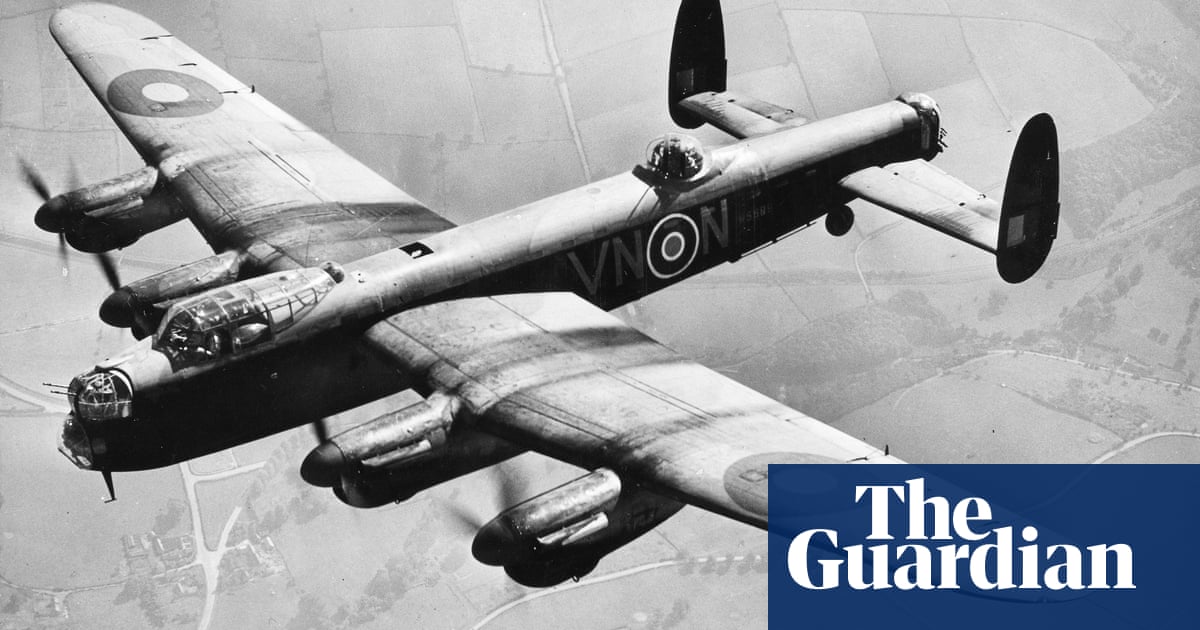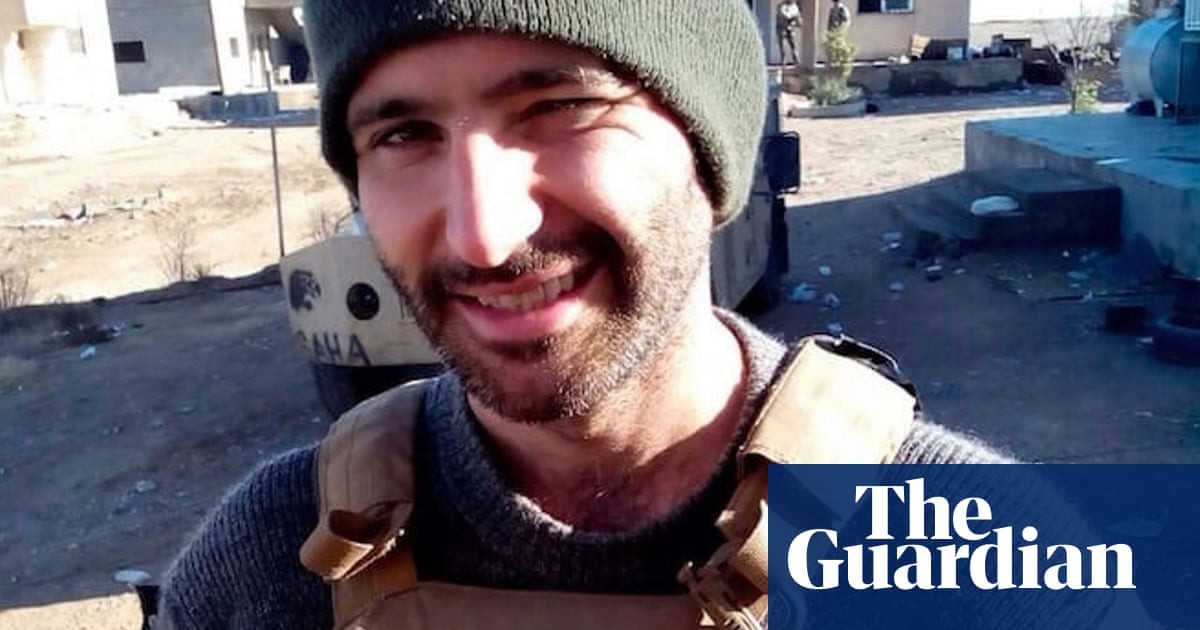
The remains of British airmen shot down by the Nazis over Dutch waters may have been discovered in a massive rescue operation.
With the help of a €15m national plane wreck rescue fund, the Dutch have started to sift the wreckage of the British Lancaster ED603, which never returned from a mass bombing mission targeting Bochum in Germany on 13 June 1943. Instead, this “Pathfinder” that gave the lead to 503 bombers, was tracked as it headed home, shot down and crashed in the blue Dutch waters of the IJsselmeer with seven men aboard.
The bodies of four men washed up within days and were eventually buried in the Netherlands but, to this day, three are officially registered as missing: 27-year-old flight engineer Arthur Smart; 23-year-old mid-upper gunner Charles Sprack; and 21-year-old wireless operator Raymond Moore.
At the site of a huge, metal box mounted in the middle of the water, where the artificial lake has been pumped dry and a dig has begun, Dutch experts confirmed that they have found skeletal remains presumed to be those of the missing British fighters.
Capt Geert Jonker, commanding officer of the recovery and identification unit in the Royal Netherlands Army, told the Guardian. “We have found the first skeletal remains. At the moment, we can’t say any more than that.
“It’s early days … but there is no doubt that the remains we have found come from one of the missing airmen.”
The salvage operation, which will also defuse explosive material, is expected to last five weeks as the aircraft’s remains are revealed 20cm a day, sifted through a mechanical sieve and sorted by hand. They will be taken to the Dutch military laboratories, the BIDKL, for further analysis and the Guardian understands the decision about the future of bodily remains will pass to the Ministry of Defence and British Commonwealth War Graves Commission.
Jonker said that DNA tracing is unlikely to be used. “The main mission of my team is to establish the minimum number of individuals: three crew are unaccounted for, and it is up to us to look whether we have remains from the three people,” he said. “The goal of this national programme is to find missing airmen, to give them a grave with a name, and to give their relatives closure.”
The crash site was first discovered in 1996 when local fishers hauled up a motor, pulled off the serial number and brought it to a museum run by the Stichting Aircraft Recovery Group. “Our organisation started a large investigation,” says chairman Johan Graas. “In 2016, we found evidence of human remains, confirming actually that one or more of the crew were down there.”
At the request of relatives of the lost men, the local municipality Súdwest-Fryslân won a subsidy from the fund to retrieve remains from about 5,500 aircraft lost over the Netherlands. The Dutch government believes about 400 still contain remains of airmen from both Allied and German forces. Together with the defence ministry and contractors Leemans and Mos, the recovery began this month, and relatives are expected to travel to the site for a ceremony next week.
“The bodies of Arthur Smart, Charles Sprack and Raymond Moore alas were never found, and with this salvage operation we will be able to close the last chapter of these brave airmen,” said Petra van den Akker, head of heritage at Súdwest-Fryslân council. “This is a story of freedom, of sacrifice … the last chapter of an extraordinary story.”











